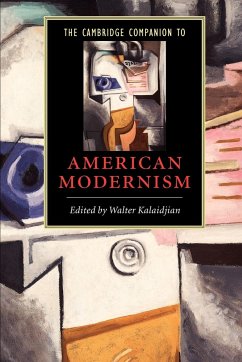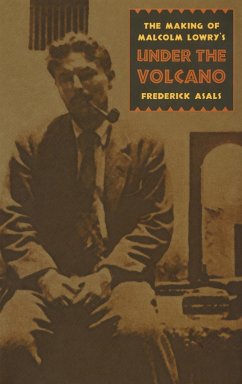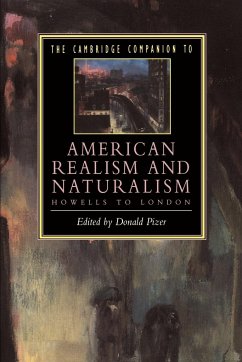Nicht lieferbar

David Foster Wallace
Presences of the Other
Herausgeber: Pire, Beatrice; Patoine, Pierre-Louis
Versandkostenfrei!
Nicht lieferbar
Why is David Foster Wallace so widely read? Why does his fiction and non-fiction continue to raise enthusiasm among an ever-growing variety of readers of all ages and backgrounds not only in the English-speaking countries but all over the world, while describing all the malcontents, dead ends and solipsistic tendencies of contemporary civilisation? Presences of the Other counteracts the vision of Wallace's postmodern oeuvre as selfishly self-absorbed, narcissistic or confining and attempts to answer the question of its appeal by addressing it as an open work, following Umberto Eco's definition...
Why is David Foster Wallace so widely read? Why does his fiction and non-fiction continue to raise enthusiasm among an ever-growing variety of readers of all ages and backgrounds not only in the English-speaking countries but all over the world, while describing all the malcontents, dead ends and solipsistic tendencies of contemporary civilisation? Presences of the Other counteracts the vision of Wallace's postmodern oeuvre as selfishly self-absorbed, narcissistic or confining and attempts to answer the question of its appeal by addressing it as an open work, following Umberto Eco's definition of great texts. Epitomised in the missing questions of Brief Interviews; in the endnotes of Infinite Jest that entice readers into fertile wanderings; or in The Pale King demands for active editing and creative involvement, DFW's paradoxically difficult and impenetrable work opens up and allows for limitless interventions and participations. By becoming a playground for interpretation, his work reveals itself as an exercise in care. Indeterminate and inconclusive, constructed on Derridean difference, DFWs output testifies to the presence of a liberating symbolic Other; by resisting closure, it promotes both a fundamental reworking of the literary tradition and a compassionate vision of the human condition. Prominent scholars explore varieties of otherness in Wallace's open work by engaging with the dialogue his writing establishes with non-literary discourses such as cinema (French Nouvelle Vague), music (rap, in Signifying Rappers), religion (Buddhism) and philosophy (Wittgenstein and Ranciere). Critical approaches to the authors protean identity, taste for masquerade and performance, and capacity for metamorphosis and transformation, foreground traces of an otherness that sets out a salutary spiritual potential for the 21st century.












